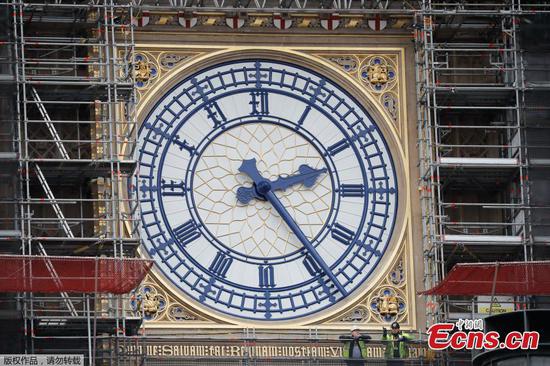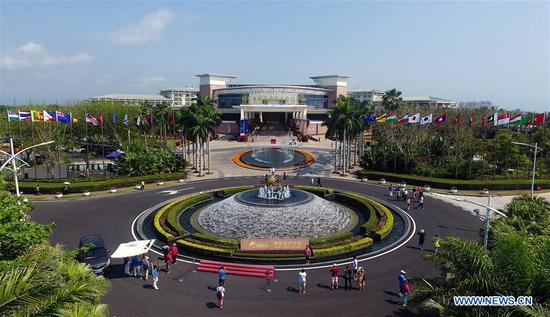Trend expected to help city deliver public services more effectively
Beijing's population shrank for two consecutive years-the first time in 40 years-as the result of economic structural adjustments and better urban management, an expert said on Thursday.
The capital had 21.54 million permanent residents at the end of last year, 170,000 fewer than in 2017, according to the National Bureau of Statistics. At the end of 2017, Beijing had 21.71 million permanent residents, 20,000 fewer than in 2016.
Since 1978, Beijing's population has only fallen once-in 1997.
Lu Jiehua, professor of sociology at Peking University, was quoted by National Business Daily as saying that Beijing's population is expected to continue falling in 2019.
As Beijing has been relocating nonessential functions such as manufacturing and wholesale markets outside the city and setting up an economic development structure focusing on high-end science and technology, labor-intensive industries have been moving out of the capital, which has affected the population, he said.
He added that the decline is not sharp for a megacity with a population of more than 20 million, but the trend does reflect the new planning model, which is more significant.
Under a city government plan for 2016-35, Beijing will cap its population at 23 million by 2020 and maintain that level for a long time to ensure a balance of people and water resources.
Beijing's growth rate had been slowing since 2011.
The capital has encountered a number of problems during its rapid development, including traffic congestion and air pollution. Public services such as education and medical care cannot meet the growing demand brought by the rising population. The population decline is therefore expected to help the city function better.
According to data released recently by the bureau, Beijing shut down or relocated 361 companies last year. Of those, around 80 percent were in the manufacturing, wholesale, lodging and catering industries.
Zhang Guodong, a white-collar worker at a publishing house in Beijing, plans to accept an offer from a company in the same industry in Hangzhou, Zhejiang province.
He said many cities in China have started showing their advantages for skilled workers, and Beijing is no longer his top choice because of urban malaise and the increasing cost of rent.
According to the bureau, the migrant population in Beijing also declined in 2018 by about 300,000 to 7.65 million.


















































